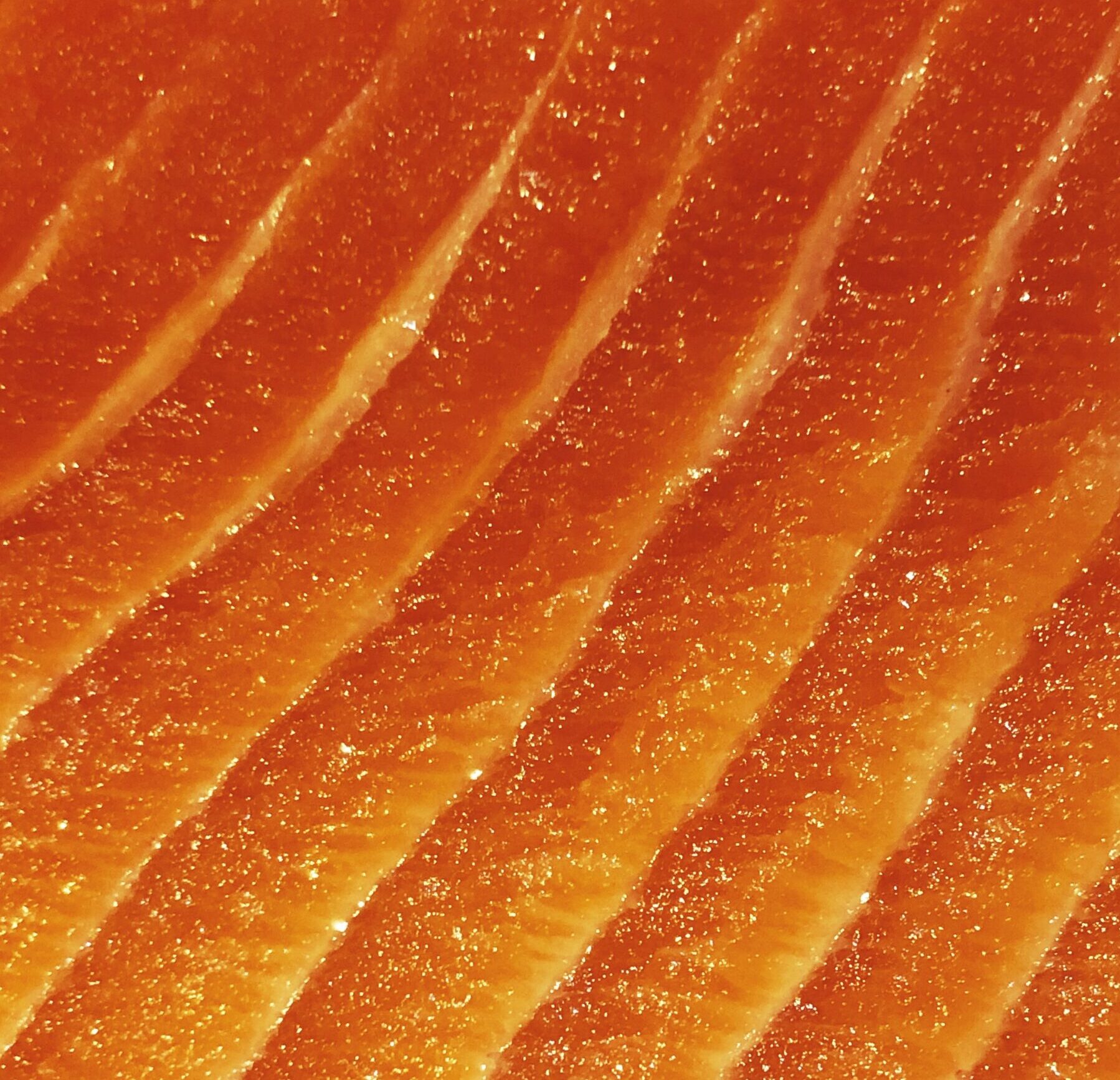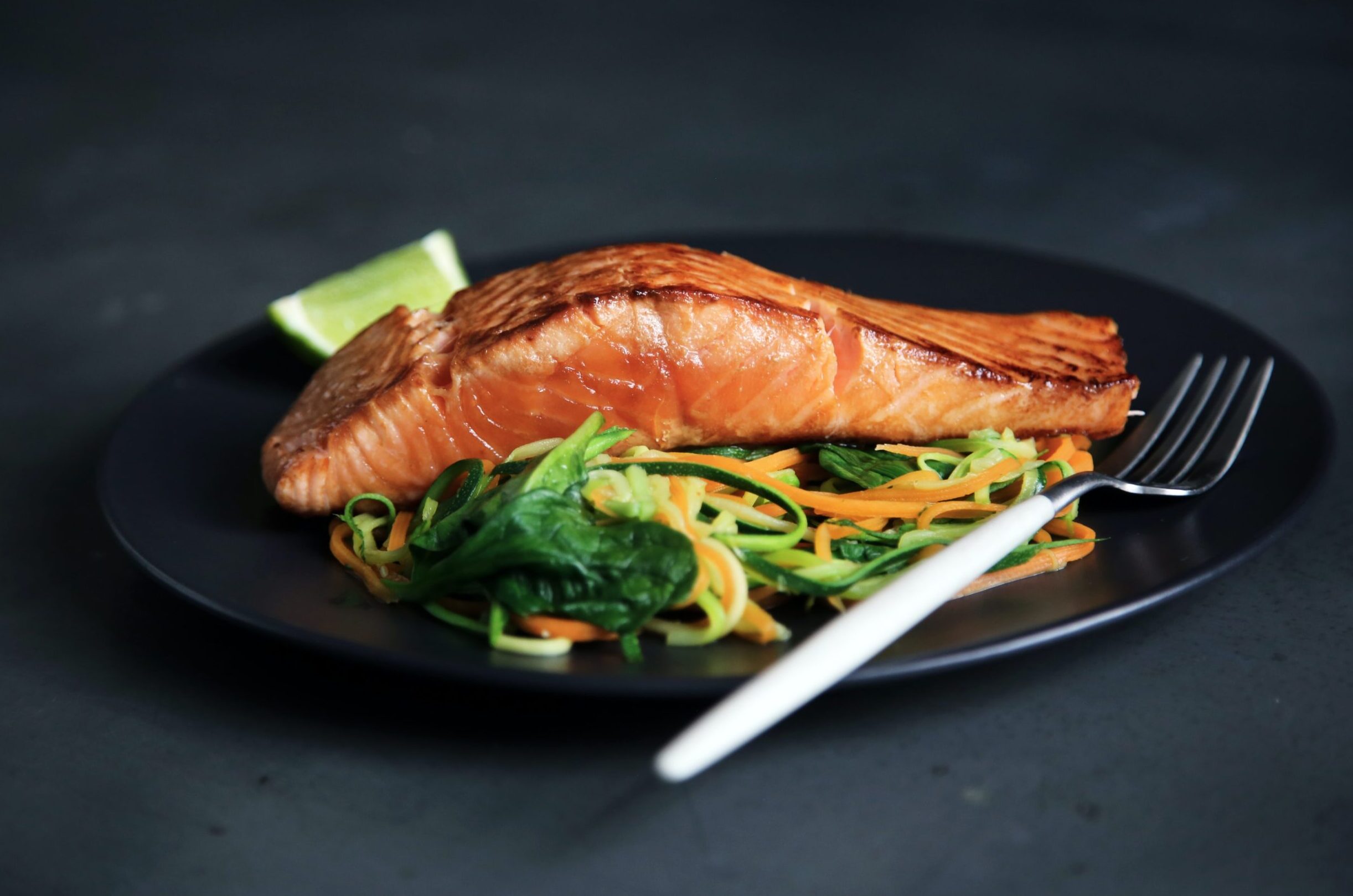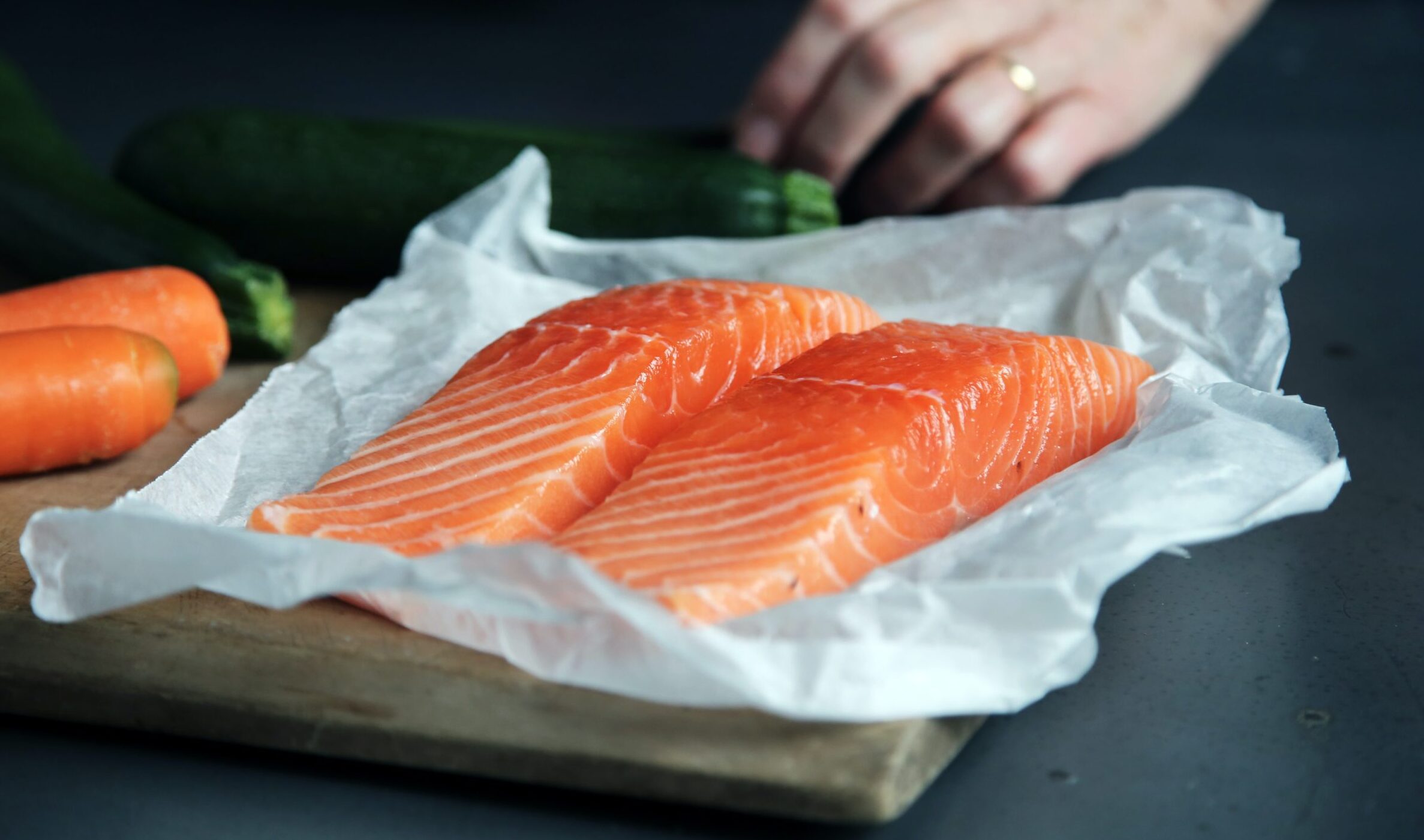Are you a salmon lover? Do you enjoy indulging in this delicious fish every day? Well, we’ve got good news for you! Not only does salmon satisfy your taste buds, but it also provides numerous health benefits. However, before you start incorporating it into every meal, there are some things to consider. In this blog post, we’ll explore the question: Is salmon healthy to eat everyday? We’ll go over its benefits and risks and give you some tasty recipes to try out. So sit back and read on to find out if your favorite food is actually as healthy as it seems!
What are the health benefits of salmon?
Salmon is one of the most nutritious foods you can add to your diet. It’s rich in omega-3 fatty acids, which are essential for maintaining optimal heart health by reducing inflammation and lowering blood pressure.
In addition to being good for your heart, salmon also contains vitamin D, a nutrient that many people lack. Vitamin D is crucial for bone health as it helps improve calcium absorption in the body.
Moreover, salmon is an excellent source of protein. Protein plays a vital role in building and repairing muscle tissues, making it an ideal food choice for those who exercise regularly or are looking to lose weight.

But that’s not all – salmon also contains antioxidants such as astaxanthin that help protect against oxidative stress and reduce the risk of chronic illnesses like cancer and Alzheimer’s disease.
Incorporating salmon into your diet can provide numerous health benefits. From improving heart health to aiding weight loss efforts, this fish should definitely be on your weekly menu!
How much salmon should you eat per day?
When it comes to incorporating salmon into your daily diet, it’s important to know how much you should be eating in order to reap the health benefits without overdoing it. Experts recommend consuming at least two servings of fatty fish per week, with each serving being around 3-4 ounces.
However, if you’re looking to eat salmon every day, it’s important to keep in mind that moderation is key. Consuming too much salmon can lead to an excessive intake of mercury and other harmful contaminants found in seafood.
Additionally, salmon is high in omega-3 fatty acids which are beneficial for heart health and brain function but can also have blood-thinning effects. This means that individuals taking blood thinners or who have bleeding disorders should consult with their healthcare provider before adding large amounts of salmon into their diet.

While eating a small portion of salmon every day may offer numerous health benefits such as improving cognitive function and reducing inflammation, it’s best not to exceed the recommended guidelines and always consult with a healthcare professional if you have any concerns about your dietary habits.
What are the risks of eating salmon every day?
While salmon is generally considered a healthy food, there are some risks associated with eating it every day. One of the biggest concerns is the potential for consuming too much mercury. Salmon can contain varying levels of this heavy metal depending on where it was caught and its size.

Another risk of eating salmon every day is the possibility of ingesting unhealthy levels of polychlorinated biphenyls (PCBs), which are toxic industrial chemicals that have been banned in many countries but can still be found in some bodies of water.
Additionally, if you’re not careful about how you prepare your salmon, you could end up adding calories and fat to your diet without realizing it. For example, frying or using excessive amounts of oil can significantly increase the calorie count and negate some of the health benefits that come with eating salmon.
While rare, there’s always a chance that someone could develop an allergy to salmon or experience adverse effects from consuming it regularly. If you notice any unusual symptoms after eating salmon – such as itching or swelling – consult your doctor immediately.
Salmon recipes
Incorporating salmon into your diet can have numerous health benefits, but it’s important to consume it in moderation. Eating a moderate amount of wild-caught or sustainably-farmed salmon two to three times per week is recommended by most experts.
If you’re looking for some delicious and healthy ways to incorporate more salmon into your diet, there are plenty of recipes out there that can help. Grilled salmon with mixed vegetables, baked salmon with herbs and lemon, or smoked salmon on whole-grain toast are just a few examples.
Remember to always choose high-quality sources of fish and be mindful of portion sizes when consuming this nutrient-dense food. By doing so, you’ll reap the many health benefits that come along with enjoying one of nature’s superfoods – Salmon!


